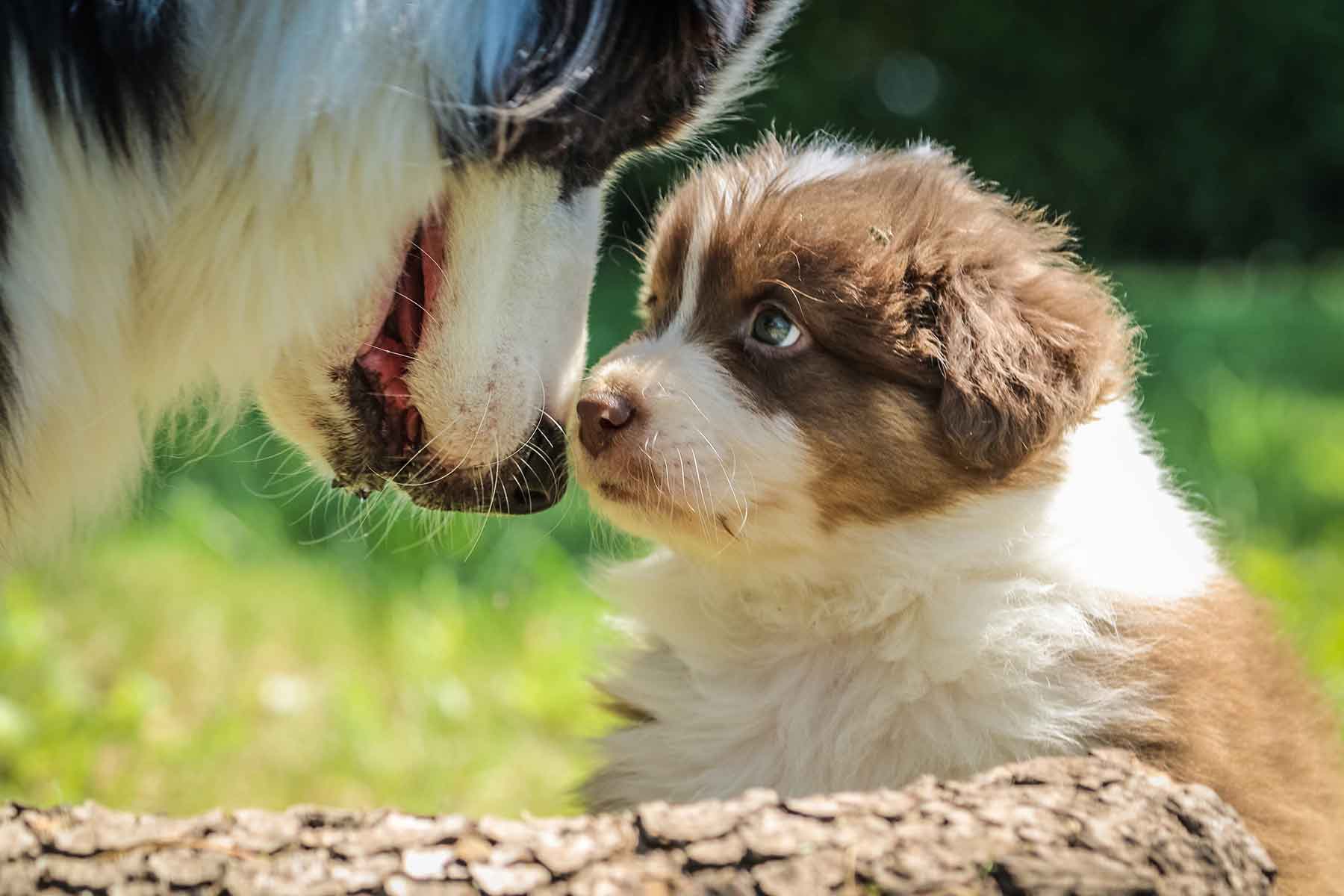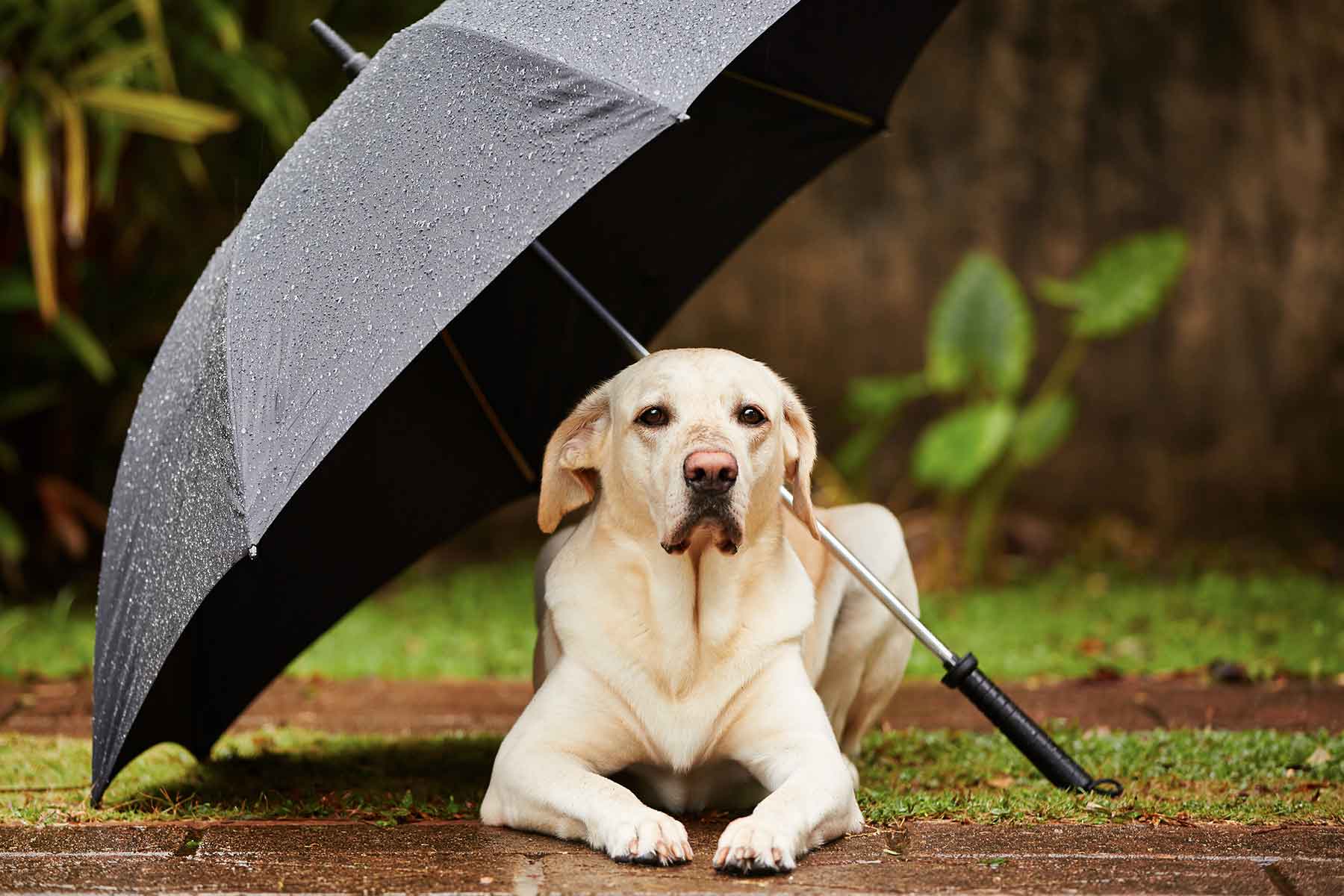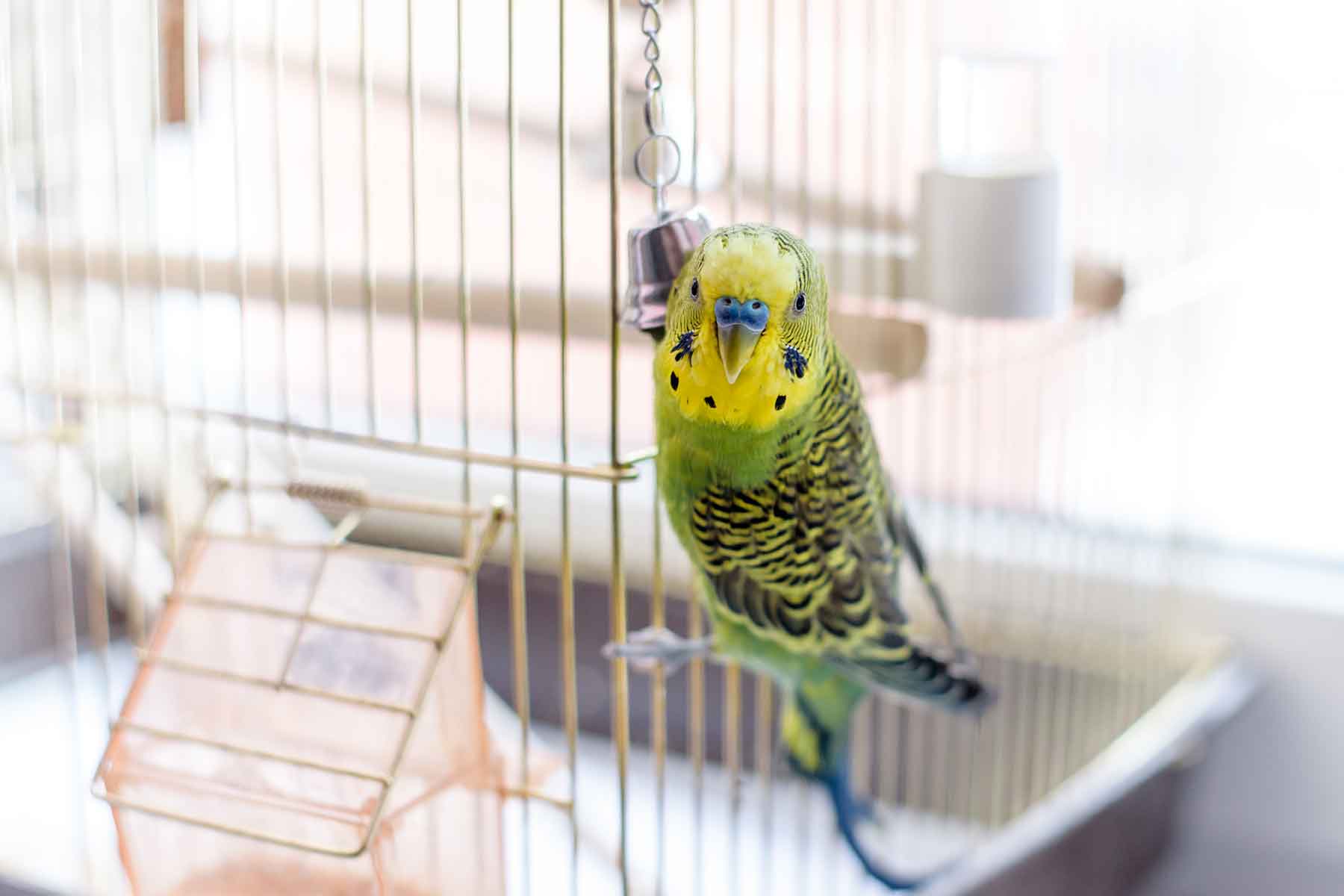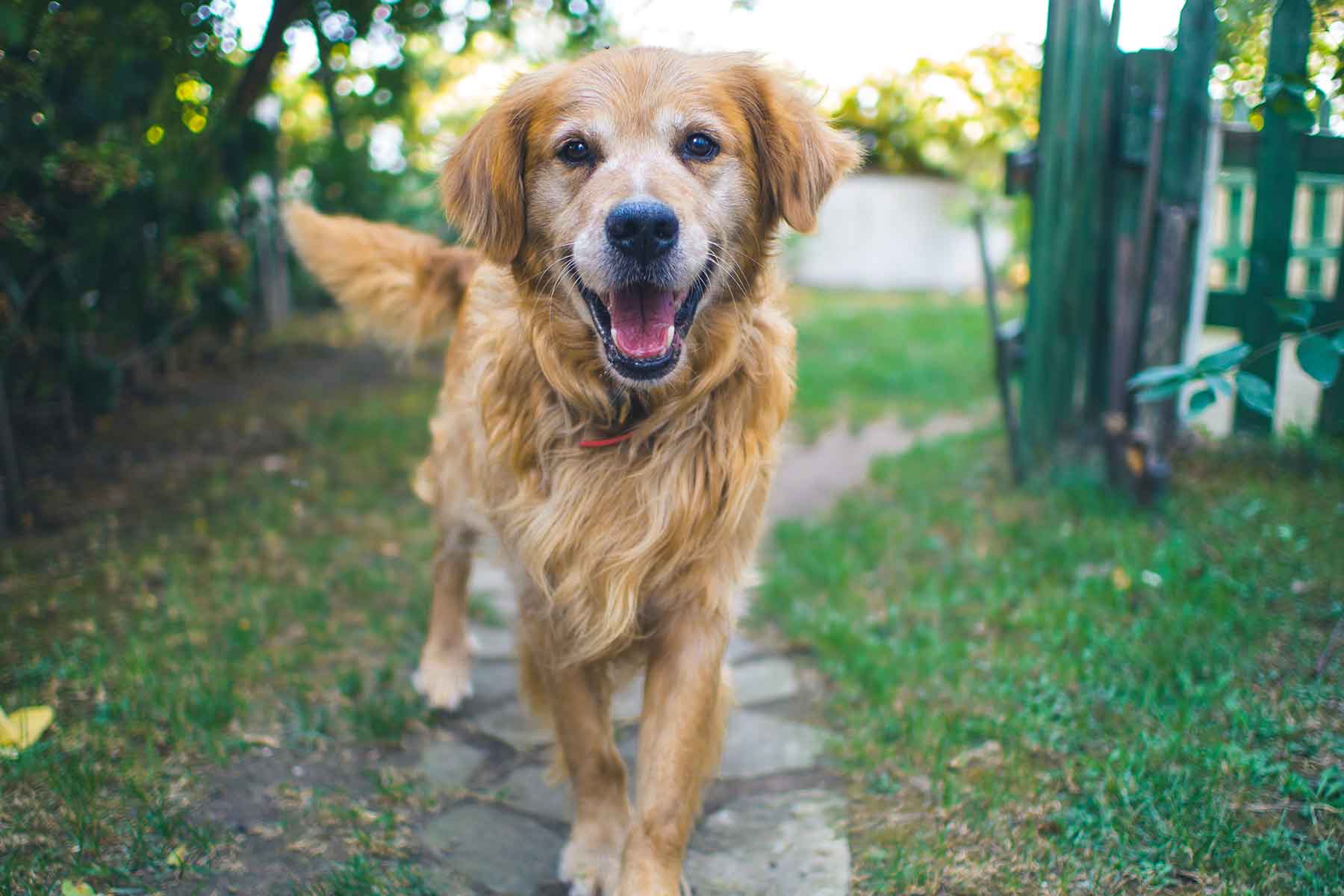The undisputed king of dogs, the versatile German Shepherd has done more in the service of mankind than any other. Apart from their original role in herding and protecting sheep they have excelled as a sentry and guard dog, police and military dog, tracker, drug detection dog, guide dog for the blind, as well as a search and rescue dog. As the name suggests, the German Shepherd dog originated in Germany. Rittmeister Max von Stephanitz, the proclaimed father of the breed, founded the German Shepherd Dog Association in 1890.
It’s true to some degree, the German Shepherd has experienced an image problem over the years. Specific temperament problems including fear biting being a specific issue. Breeders have worked vigorously over recent years to eliminate problem genes and today the German Shepherd is returning to the intelligent, loyal and loving breed so many owners have come to love.
If you are considering a German Shepherd for your family, we suggest dealing with a registered breeder recommended by your state canine association.
Temperament and Appearance
The German Shepherd is a superb companion dog. Utterly devoted to his/her owner and family, but has a natural wariness of strangers and should be supervised with visitors and visiting children.
Generally the coat of a German Shepherd is characterised by a mixture of black, fawn and gold and pure Black German Shepherds are also available. The exact colour of a German Shepherd is never known until a puppy sheds their coat and an adult coat is grown.
Lifespan
German Shepherds can live up to 12 years, although some live as little as 8-10 years.
Grooming and care
The German Shepherd requires relatively little grooming apart from brushing during spring to summer to assist in removing the woolly winter coat.
Exercise and training
It is essential that the German Shepherd feels that he/she has a job to do in life. They need regular daily exercise and will love nothing more to be involved in family activities including outings. German Shepherds are particularly responsive to training and obedience training should be commenced as early in life as possible. Similarly socialisation (meeting as many people, animals and experiencing as many new surroundings and senses such as noises and smells as possible) is essential and should be maintained right throughout life.
Health Concerns
For the latest research in breed-related problems in German Shepherd visit the University of Sydney’s LIDA (Listing of Inherited Disorders in Animals) website.











